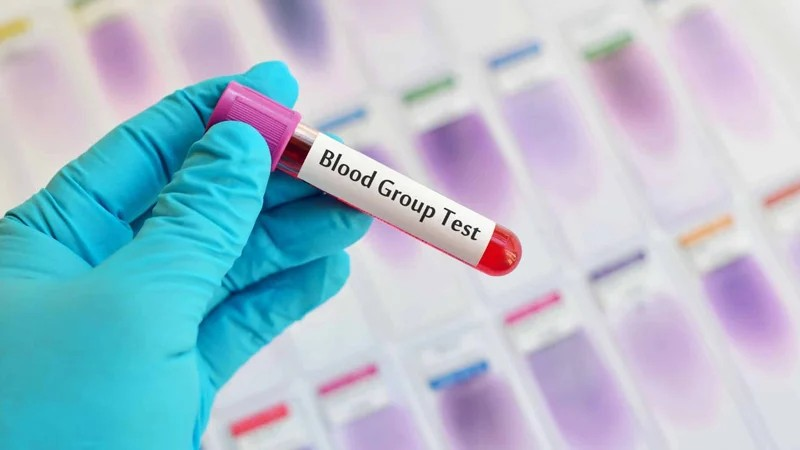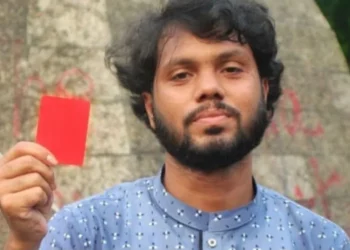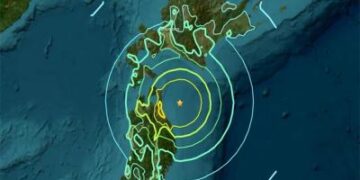A Rare Discovery in the Caribbean Region
After a long time, scientists in France have identified a brand-new blood group — the 48th in the world. This rare blood group was found in a woman living in Guadeloupe, a Caribbean region. The new blood type has been named ‘Guada-negative’, inspired by the woman’s regional identity.
It All Started in 2011
According to The Indian Express, this woman first underwent a routine blood test in 2011 before a surgery. During that test, doctors found an unusual antibody in her blood. But at the time, they didn’t have enough tools or research technology to study it further.
Technology Helped Scientists Solve the Mystery
Later in 2019, researchers used advanced DNA sequencing technology. They were able to identify the distinct genetic characteristic that set this blood group apart from others thanks to this.
Read More: Sam Altman Warns: AI Might Be Wrong, Don’t Trust It Blindly
Official Recognition and Scientific Importance
The French Blood Establishment (EFS), which is France’s national blood service, officially announced this major discovery. They also called it a “world-first.” Scientists said that right now, this woman is the only known person in the world with the ‘Guada-negative’ blood group. That means if she ever needs a blood transfusion, only her own blood will be suitable.
A Genetic Condition Passed from Parents
Researchers believe this is a genetic condition. So, it’s likely that both her mother and father carried the changed version of the gene that caused this blood type.
The International Society of Blood Transfusion has now officially recognized Guada-negative as a valid and rare blood group.
Why This Discovery Matters
According to biologist Thierry Peyrard from the French Blood Establishment, finding a new blood group is very important for the treatment of people with rare blood conditions. It opens new doors for safer and more accurate medical care.
What’s Next? Searching for Others Like Her
Scientists are now trying to find other people around the world who might also carry this rare blood group. It will be simpler to provide medical assistance to patients with Guada-negative blood in the future if more of these individuals are found.
Source: Channel 24
Share via:


















